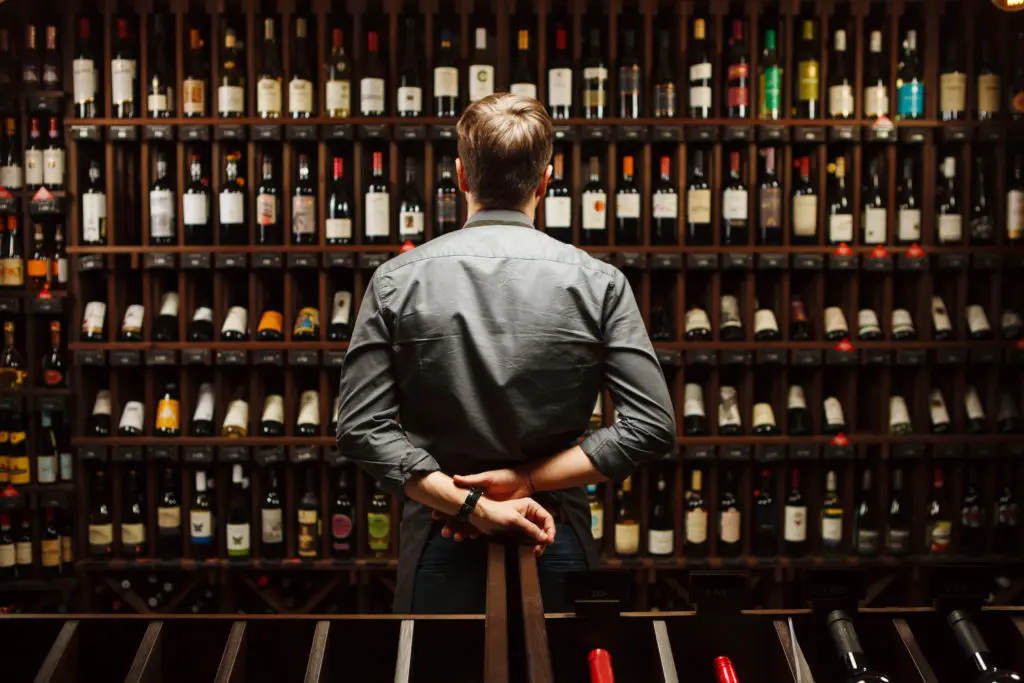
Understanding the intricacies of wine aging can be challenging, given its inherently delicate nature. Wine faces several adversaries that can impede its journey towards peak maturity. Factors such as temperature fluctuation and consistency, humidity levels, exposure to light, vibration, and air purity all play pivotal roles.
Ideal storage temperature for all types of wine—be it red, white, or champagne—ranges between 53-57 degrees Fahrenheit. Questions often arise regarding the impact of maintaining wine at 60 degrees, a common basement temperature. The answer hinges on consistency. While 60 degrees may accelerate aging, irregular fluctuations within this range pose greater risks to wine quality over time.
Basement environments typically experience seasonal temperature and humidity variations. Even minor shifts from optimal levels can detrimentally affect wine quality, causing corks to dry out or become oversaturated. Additionally, controlling light exposure and minimizing vibrations are crucial for storage conditions. Neglecting to address household odors, which can permeate corks and taint wine flavors, is another common oversight.
For fortunate individuals with naturally stable basement conditions meeting wine storage requirements, maximizing cellar space with prized collections is feasible. However, for those facing fluctuating conditions, investing in a temperature-controlled cellar or refrigerator is advisable. Monitoring temperature and humidity levels across seasons can provide valuable insights into the need for intervention, ensuring wines age as intended, safeguarded against external influences.
With so many options available, navigating the world of wine cellar cooling systems can be confusing. But fear not! Here’s a breakdown of the three main types:
Pros: Affordable, easy to install, ideal for small cellars.
Cons: Noisiest option, limited cooling capacity, not aesthetically pleasing.
Pros: Quiet operation, can be hidden away, suitable for larger cellars.
Cons: Most expensive option, requires professional installation, needs ductwork.
Pros: Quieter than self-contained systems, good for cellars with no ventilation, efficient.
Cons: Less eco-friendly, requires separate temperature control system.
Remember: The best choice depends on your budget, cellar size, and desired features.
We have over 10 years of experience in designing and installing wine cellars and understanding your wine cooling needs. Call us at 800-323-3130 for immediate assistance.
Showroom Available By Appointment
Established 2014 Copyright ©2024 Cool Wine Cellar. All Rights Reserved